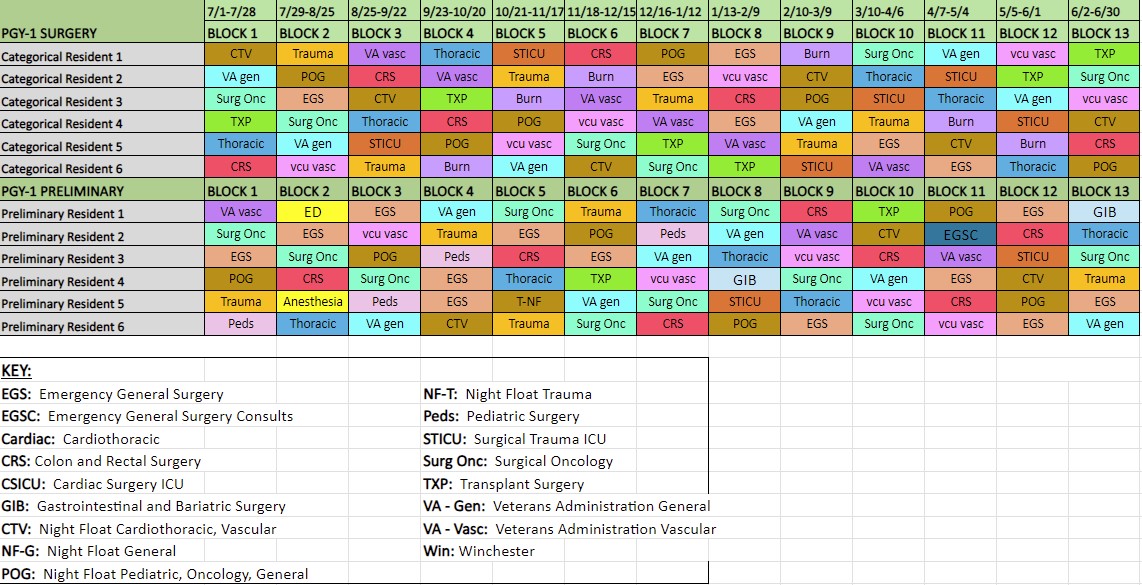Clinical Experience
VCU General Surgery Residency Program
Hospitals
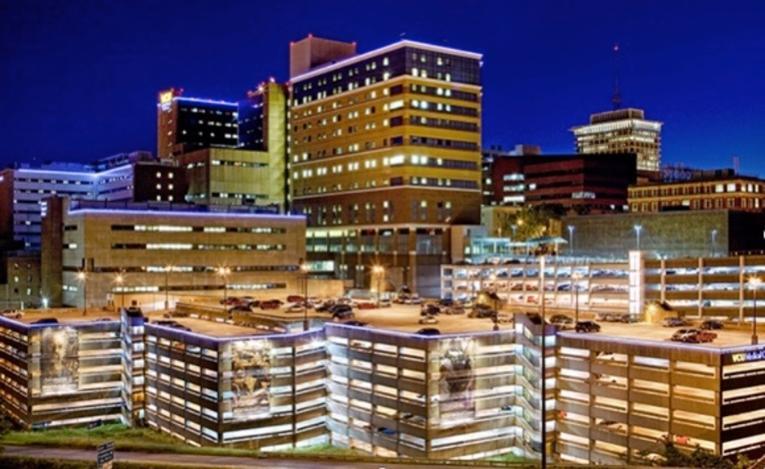
VCU’s main downtown campus is the region’s largest Level 1 tertiary care hospital, with over 800 beds and 4,500 trauma activations per year. Surgery residents spend most of their time at this main hospital campus in a broad variety of surgical subspecialties, including acute care, surgical oncology, transplant, colorectal, bariatric, cardiothoracic, pediatrics, and vascular.
The main hospital includes over 35 state-of-the-art main operating rooms and six outpatient operating rooms. A newly constructed critical care tower houses the 28-bed Surgical Trauma ICU, 8-bed Burn ICU, and a 15-bed Cardiac Surgery ICU, all of which surgery residents rotate through. The main campus also includes a new 16-story outpatient pavilion that was opened in 2021.
Resident amenities include call rooms, a dedicated house staff lounge, and covered and connected parking. Dining options include Chick-fil-A, Subway, Starbucks, Panera (open 24-hr), and the Hospital Cafeteria.
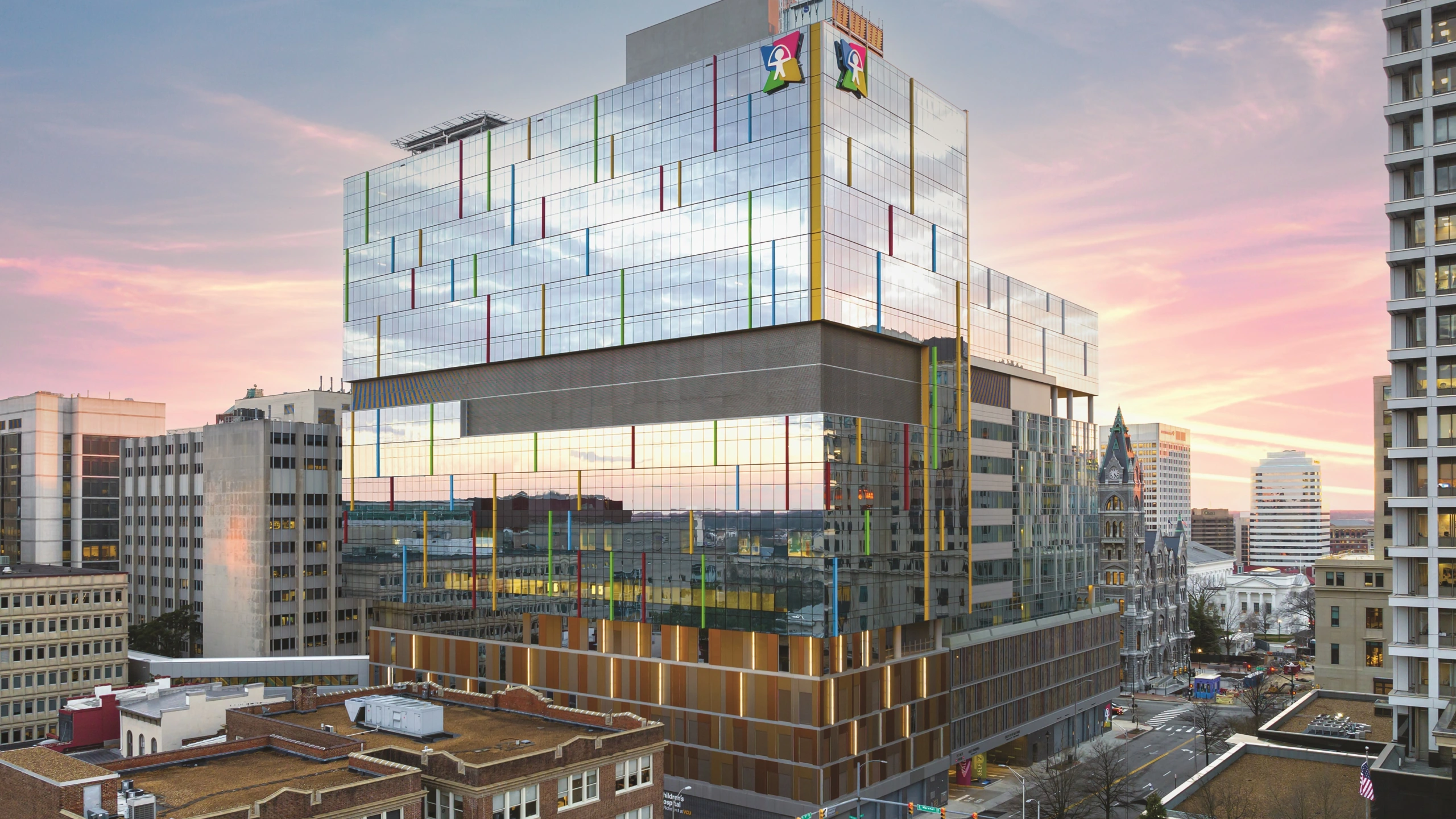
Children’s Hospital of Richmond
Children's Hospital of Richmond at VCU (CHoR) is Central Virginia's only comprehensive, full-service hospital dedicated to the care of children. CHoR offers a wide range of children's health services, including pediatric emergency services, primary care, specialty and sub-specialty care, burn, trauma, transplant and long-term care. Surgical residents spend their pediatric surgery rotation at CHoR, which is located across the street from the main hospital, and connected via a bridge.
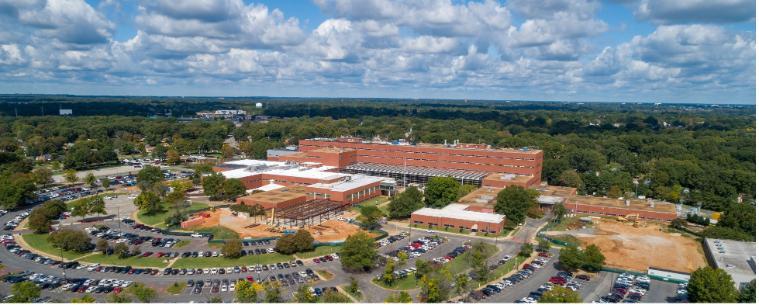
The Central Virginia VA is a 399-bed medical center located approximately 15 minutes south of the main VCU hospital campus. The VA hosts a busy general surgery service that includes common general surgery operations and experiences in colorectal, bariatric, surgical oncology, and vascular surgery. Residents typically spend 1-2 months at the VA per year between the general surgery and vascular surgery services.
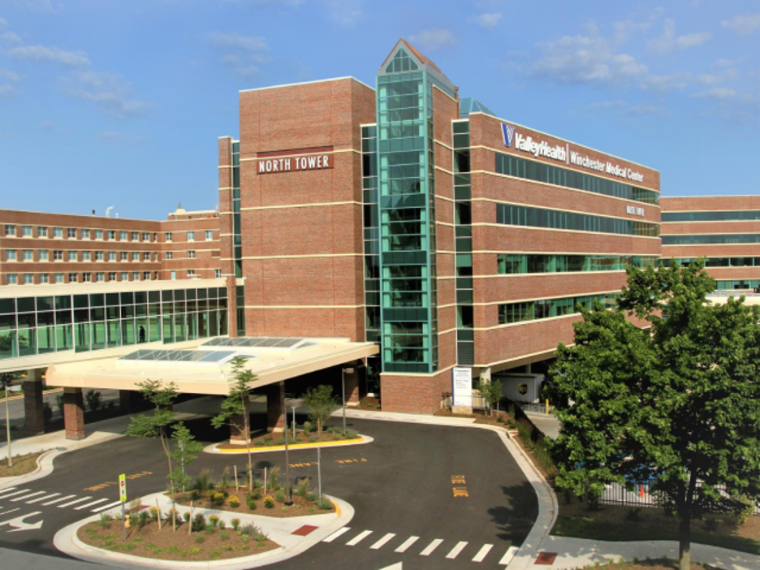
Winchester Medical Center is a 495-bed hospital in the beautiful Shenandoah Valley of Virginia. This regional medical center offers a rural general surgery experience for our residents. PGY-2 residents rotate on the acute care surgery service, where they can increase their comfort with common general surgery cases such as appendectomy and cholecystectomy. More senior residents have experience in outpatient rural surgery and surgical oncology. Housing is provided for this rotation through upscale apartments owned by the hospital, approximately 10 minutes away.
Clinical Rotations
PGY-1
Residents handle basic cases, with a focus on perioperative care. Rotations include VA General Surgery, Night Float, Colorectal Surgery, Vascular Surgery, Trauma Surgery, Burn, and Transplant Surgery.
Sample Rotation Schedule
PGY-2
Residents spend more time in the operating room, with a target of 250 cases by the end of the year. Rotations include Emergency General Surgery, Trauma Surgery, Endoscopy, Cardiac Surgery ICU, Surgical Trauma ICU, Pediatric Surgery, VA General Surgery, Thoracic Surgery, Colorectal Surgery, and Emergency Surgery at Winchester Medical Center.
PGY-3
Residents get community experience at Winchester Medical Center, as well as at the VA hospital, and do rotations at VCU Medical Center on Transplant surgery, Night float, Surgical Oncology, Thoracic surgery, and Colorectal surgery.
PGY-4
Residents rotate on night float and serve as chiefs of service on Winchester Surgery, Trauma Surgery, GI/Bariatric Surgery, Pediatric Surgery, and the Emergency Surgery Consult Service.
PGY-5
Residents are responsible for education of the junior residents and also serve as chiefs of service at the VA Hospital, Surgical Oncology, Emergency General Surgery, and Colorectal Surgery. Schedule permitting, residents may also get an elective on a service of their choice.
Operative Experience
Operative Experience: Our residents enter the operating room immediately as interns, logging approximately 100 cases. By the end of the PGY2 year, residents surpass the 250 cases required by the American Board of Surgery. Our graduating chief residents exceed all minimum requirements, with over 1200 total major cases, preparing them for competitive fellowships or practice.
Robotic Surgery: Training in Robotic Surgery is essential for General Surgery trainees. We offer a graduated Robotic Surgery curriculum and ample simulation opportunities at our main campus, the VA Hospital, and Winchester Medical Center. Graduating Chief Residents can obtain a Certificate of da Vinci System Training.
